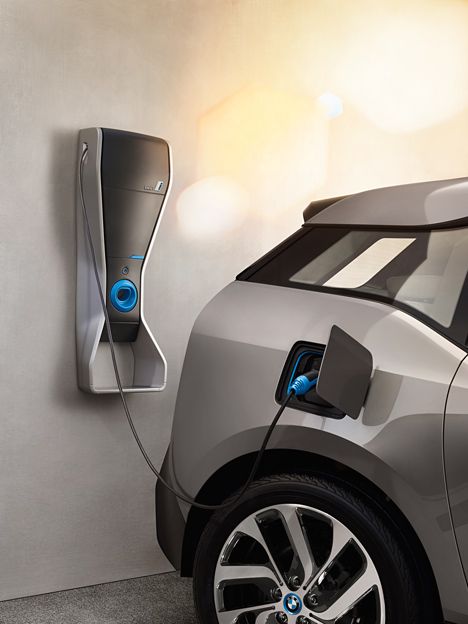Get Free Quotes 866-651-2992
Remanufactured & Used Engines

As the world embraces the need for sustainable transportation, the great electric car race is gaining momentum. This thrilling competition has just begun, with leading automotive manufacturers vying to develop the most innovative and efficient electric vehicles (EVs) on the market.
The electric car revolution is driven by the increasing concern over climate change and the desire to reduce greenhouse gas emissions. With traditional internal combustion engines being major contributors to pollution, electric cars offer a promising solution to create a greener and cleaner future.
EVs are powered by advanced lithium-ion batteries, which provide a longer driving range and faster acceleration compared to their predecessors. This technology has rapidly evolved, making electric cars a viable option for everyday commuting and long-distance travel.
One of the key players in the electric car race is tesla, renowned for its visionary approach to sustainable transportation. With their cutting-edge technology and sleek designs, tesla has set the bar high for other manufacturers. However, traditional automakers have started to catch up, investing heavily in EV research and development.
Major manufacturers like volkswagen, bmw, and nissan have made significant strides in the electric car market. Their commitment to producing high-quality, affordable electric vehicles has sparked intense competition, driving innovation and pushing the boundaries of what is possible.
The race is not limited to car manufacturers alone. Tech giants such as Apple and Google have also entered the arena, aiming to revolutionize the electric car industry with their expertise in software and autonomous driving technology.
Government incentives and policies worldwide are also playing a crucial role in accelerating the adoption of electric cars. Countries like Norway, the Netherlands, and China have implemented generous subsidies and tax exemptions to encourage consumers to switch to electric vehicles. These initiatives have contributed to a surge in EV sales and have further intensified the race among manufacturers.
The great electric car race is not just about developing cutting-edge technology; it is also about building a comprehensive charging infrastructure. To alleviate range anxiety and ensure convenience for EV owners, governments and private entities are investing in the installation of charging stations across cities and highways.
Charging technology is evolving rapidly, with the emergence of fast-charging stations that can recharge an EV's battery in a matter of minutes. This progress is crucial for the widespread adoption of electric cars, as it eliminates one of the main concerns potential buyers may have.
As the electric car race intensifies, consumers are reaping the benefits. The market offers a wide range of electric vehicle options, from affordable compact cars to luxurious SUVs and sports cars. With lower maintenance costs and reduced reliance on fossil fuels, owning an electric car is becoming an increasingly attractive proposition.
Furthermore, the race is not limited to personal vehicles. Electric buses, trucks, and even airplanes are being developed, revolutionizing the way we transport goods and people. This shift towards electrification has the potential to reshape the entire transportation industry.
In conclusion, the great electric car race is just beginning, and it promises an exciting journey towards a sustainable future. With technological advancements, increased competition, and supportive government policies, electric cars are poised to become the dominant mode of transportation. Embracing this revolution will not only reduce our carbon footprint but also pave the way for a cleaner and greener planet for future generations.